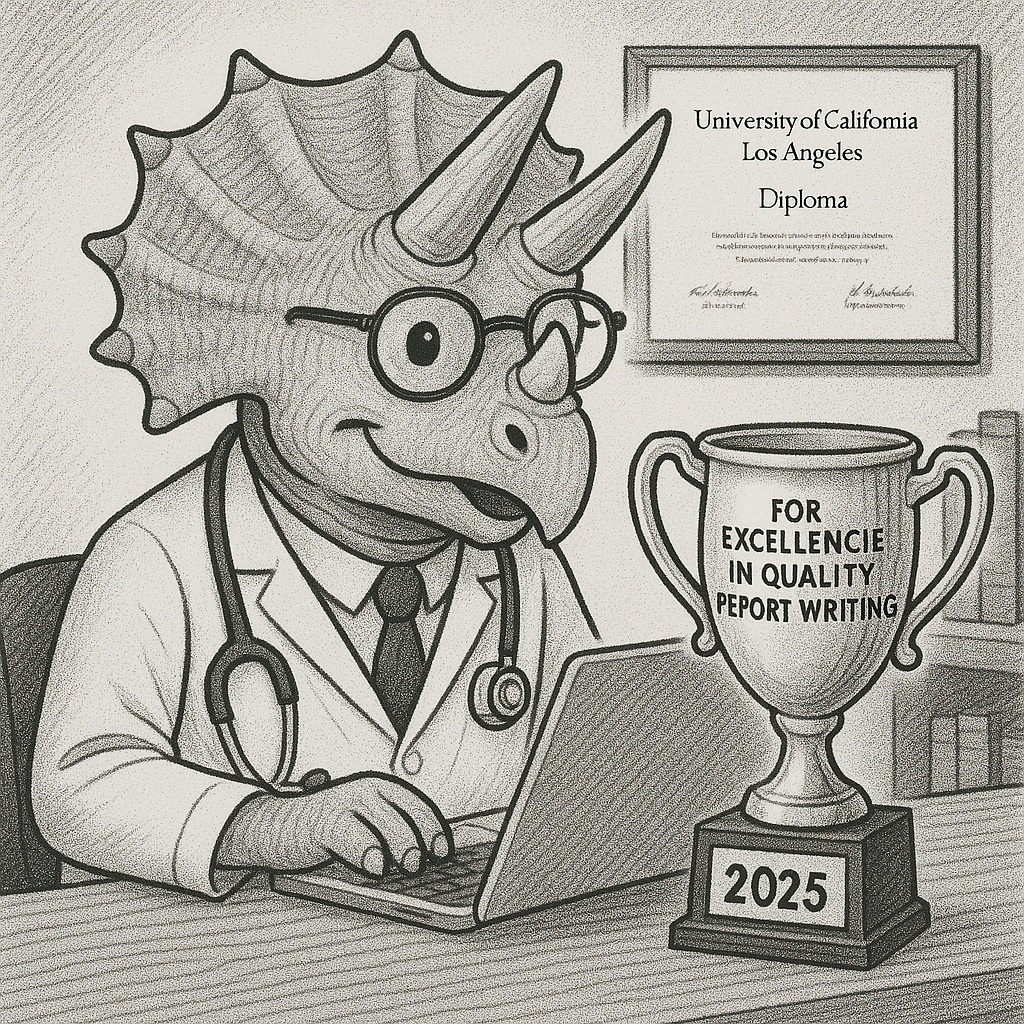
The Power Of The Pen: Why Report Quality Is The Backbone Of Workers’ Compensation
In California’s workers’ compensation system, one thing is certain: your report is your voice.
Whether you are a Qualified Medical Evaluator (QME), Agreed Medical Evaluator (AME), Independent Medical Evaluator (IME), or treating physician, your medical-legal report is not just a document – it is evidence. It determines whether injured workers get the care they need, whether claims are accepted or denied, and whether your opinion holds weight in court. In a system driven by compliance, credibility, and clarity, report quality is everything.
Why It Matters: Your Report Gets Read More Than You Think
Your audience is broader than you may realize. Judges, disability evaluation unit raters, attorneys, claims adjusters, bill reviewers, and even injured workers rely on your report.
That means you are not writing for just one set of eyes – you are writing for many. And not everyone reviewing your work will have a medical background.
A well-written report should:
- Explain findings in plain language for non-clinical readers.
- Define terminology so that nothing is left open to interpretation.
- Show your reasoning step by step.
If you do not explain it clearly, your conclusions may be questioned or rejected. If you do explain it clearly, your report becomes the cornerstone of decision-making – and that can make all the difference.
Clarity Is Critical: Always Explain The “Why”
Your conclusions are only as good as the reasoning behind them.
When assigning an impairment rating, apportioning disability, or evaluating causation, you must answer:
- Why this diagnosis?
- Why this rating?
- Why this percentage of apportionment?
- Why is this condition industrial – or not?
“Because I said so” does not work. Judges want your rationale, not just your opinion.
For example: if you present an impairment rating of 30%, cite your clinical findings with clear documentation of the process used to derive the rating. Reference AMA Guides 5th Edition and the Activities of Daily Living (ADLs). Show your work.
The end goal is a report with clear reasoning and support.
It is worth remembering: the parties reading your report are not trying to discredit you and your findings. They want reports that are complete, credible, and persuasive.
When your reasoning is clear and well-supported:
- Injured workers get the care they need.
- Claims move forward more efficiently.
- Your professional expertise is recognized and respected.
That is why clarity is not just a “nice to have” – it is the backbone of your role in the system.
Final Thought
In workers’ compensation, your report is not simply paperwork. It is your professional voice, your reputation, and, ultimately, your legacy in each case.
Make it count.
Want to make sure your reports are written to meet quality standards? Download the DWC Quality Assurance Checklist to guide your next evaluation: https://share.google/X1i7VHXpMNDvIBKcs